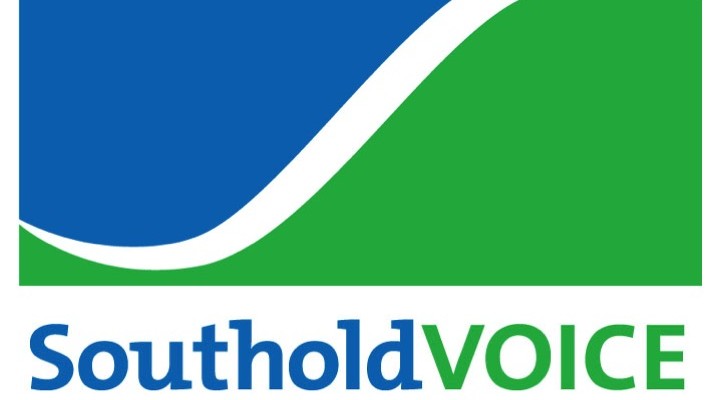At the March 29th Town Board work session, Peter Young, Chair of the Town’s Conservation Advisory Council, accompanied by council members Doug Hardy and Jack McGreevy, presented a council memo entitled LONG ISLAND SOUND SHORE [recommendations], full text below:
Peter Young, Chairman Lauren Standish, Secretary
Town Hall, 53095 Main Rd. P.O. Box 1179
Southold, NY 11971 Telephone (631) 765-1892 Fax (<i31) 765-6641
Conservation Advisory Council Town of Southold
RECEIVED
MAR 2 1 2011
TO:
SOUTHOLD TOWN BOARD
FROM: PETER A. YOUNG, CHAIRMAN CONSERVATION ADVISORY COUNCIL
SUBJECT: LONG ISLAND SOUND SHORE
DATE: MARCH 22,2011
The physical integrity of many properties along our Long Island Sound shore has been devastated by natural weather events over the past several years. Private property owners have been faced with extraordinary damages (bluff erosion/bulkhead destruction) and expenses of restoration or repair just to maintain the viability of their homes.The CAC is frustrated in reviewing Southold Board of Trustee Permit applications with piecemeal approaches to solutions that really do not solve the macro problem. We see that private property owners, with financial wherewithal, are able to make expensive repairs or restoration while their neighbors with less financial resources, are not able to effect the required repairs etc. with consistent action. The latter then become “weak links” in a chain otvulnerabilities that are now likely to become public sector infrastructure problems and possible private property abandonment (Joss of “rateables”) issues.
We see “spot” repairs as ineffectual and only temporary and with outcomes that shift destructive energies to adjoining area properties with greater, more damaging, vehemence.
The CAC is concerned that public infrastructure, e.g. arterial roads as CR 48, public utilities, parks etc. is now at risk and that a “public-private” partnership must be formed to address the situation.
We do not purport to be technical experts but we feel that protection of the shoreline can and must be engineered on an area basis. It must be done in a manner consistent with the following principles:1) Effectiveness – long-term, comprehensive
2) Safety/environmental concerns addressed, also public access to shoreline
3) Cost and fundingThe issue, now, is leadership. The inherent problem is the multiplicity of private ownership and the tiered level of federal. state, county and local jurisdictions. Unless we coordinate unified action by ALL of the stakeholders we shall be held hostage to fragmented and ineffective remedies. All the stakeholders include private’property owners, utility owners, town, county, state, and federal government.
We suggest that the Southold Town Board lead a call for an immediate joint conference to convene all the stakeholders to consider:
a) An overall engineering design to protect the shoreline
b) Determine required statutory changes that may be appropriate.
c) Funding – to include grants etc. and establishment of a defined “special use” district to fund protective measures that provides comprehensive long~term solutions.A Special Use District might be funded by a capital improvement bond guaranteed by a consortium of federal, state, county and local levels of government. Amortization of the debt would be shared by contributions from ALL of the Stakeholders according to an equitable measure of the “at risk” situation.
We sincerely hope that you find merit in our recommendations and look forward to assisting you in accomplishing this endeavor.cc: Southold Board of Trustees
Peter Young stated at the meeting, that for the protection of the shoreline, there is a
“need for a holistic approach, with lasting and durable solutions”.
On the surface, the concept of universal cooperation to address these issues appears to be a reasonable thought. However, when terms and statements like: special use districts, build/no build areas, needed regulatory changes, hard setbacks and the funding of engineering studies with costs appropriated to homeowners according to “at risk” situations are bantered about, there is concern.
While it did not appear that the Town Board enthusiastically welcomed the concept, this idea needs to be carefully watched. And while it is debatable whether or not waterfront property owners are more regulated, taxed, or otherwise scrutinized than other property owners, another study, another committee or another group targeting waterfront property owners is not warranted.




Comments ( 2 )